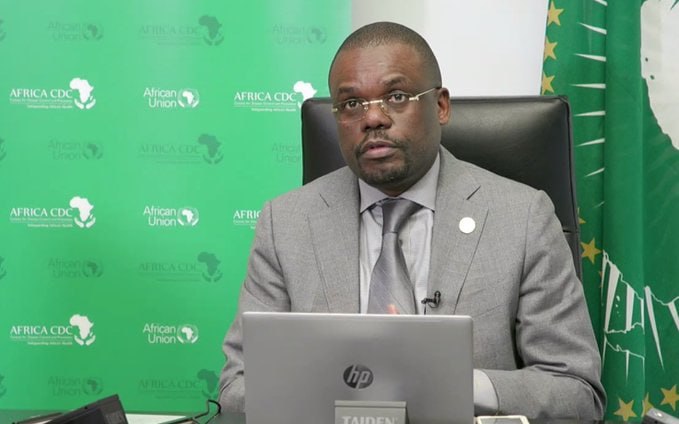The Africa Centers for Disease Control and Prevention (Africa CDC) has issued a grave warning regarding the escalating crisis of mpox (formerly known as monkeypox) on the continent. Recent reports reveal a staggering increase in cases, with over 42,000 infections and more than 1,100 fatalities reported across 18 African nations. This alarming trend underscores the urgency for immediate action to contain the outbreak and safeguard public health.
The Current Situation: An Alarming Surge in Cases
The most significant impact of the mpox outbreak has been felt in the Democratic Republic of Congo (DRC), which has recorded the highest number of deaths linked to the virus. Health officials in the DRC report that the outbreak has reached critical levels, with healthcare systems overwhelmed by the rising number of cases. Despite efforts to combat the spread, the virus continues to proliferate, with new infections emerging in neighboring countries such as Zambia and Zimbabwe.
Jean Kaseya, the director of the Africa CDC, has expressed deep concern over the situation, stating that the epidemic is “going out of control” unless swift and effective measures are implemented. Kaseya’s warning reflects a broader concern about the region’s ability to respond to health crises, particularly in the wake of the COVID-19 pandemic, which has already strained healthcare resources.
The Need for International Support
In light of the escalating crisis, Kaseya has urgently called for international support to stem the tide of the outbreak. He emphasizes the necessity for immediate disbursement of funds pledged by global partners to bolster response efforts. The Africa CDC has highlighted the critical role of international collaboration in effectively managing infectious disease outbreaks, especially in regions where healthcare infrastructure may be lacking.
Access to timely funding is vital for the deployment of healthcare resources, including diagnostic testing, medical supplies, and vaccination campaigns. Enhanced funding will also support community awareness programs aimed at educating the public about the virus, its transmission, and preventative measures. Effective communication and community engagement are crucial to mitigate misinformation and promote health-seeking behavior among affected populations.
Understanding Mpox: Transmission and Symptoms
Mpox is a viral disease that can be transmitted from animals to humans and from person to person. Symptoms include fever, headache, muscle aches, and a distinctive rash that often resembles chickenpox. The disease can lead to severe complications, particularly in individuals with weakened immune systems or underlying health conditions.
The recent surge in mpox cases highlights the interconnectedness of global health. As travel and trade continue to increase across borders, the risk of infectious diseases spreading rapidly also rises. Public health officials emphasize the need for robust surveillance systems to detect outbreaks early and respond effectively.
Challenges in Response
One of the significant challenges in addressing the mpox outbreak is the existing strain on healthcare systems in many African nations. The COVID-19 pandemic has left many healthcare facilities grappling with resource shortages, including medical staff, essential equipment, and funding. These limitations hinder the capacity to manage multiple health crises simultaneously.
Moreover, social determinants of health, such as poverty and lack of access to healthcare services, exacerbate the situation. In many regions, communities may lack the resources necessary to implement adequate prevention measures or seek medical attention promptly. Addressing these underlying issues will be essential for any long-term strategy to combat infectious diseases in Africa.
A Call to Action
The growing mpox outbreak in Africa serves as a stark reminder of the need for a coordinated response to public health emergencies. It is imperative for governments, international organizations, and civil society to work together to ensure that sufficient resources are allocated to combat this crisis. Immediate actions should include:
- Strengthening Surveillance: Enhancing disease surveillance systems to monitor and respond to mpox cases effectively.
- Increasing Funding: Ensuring that pledged international funds are disbursed quickly to support outbreak response efforts.
- Promoting Public Awareness: Implementing community engagement programs to educate populations about mpox transmission and prevention.
- Bolstering Healthcare Infrastructure: Investing in healthcare facilities and workforce training to improve overall response capacity for current and future health crises.














Leave a comment